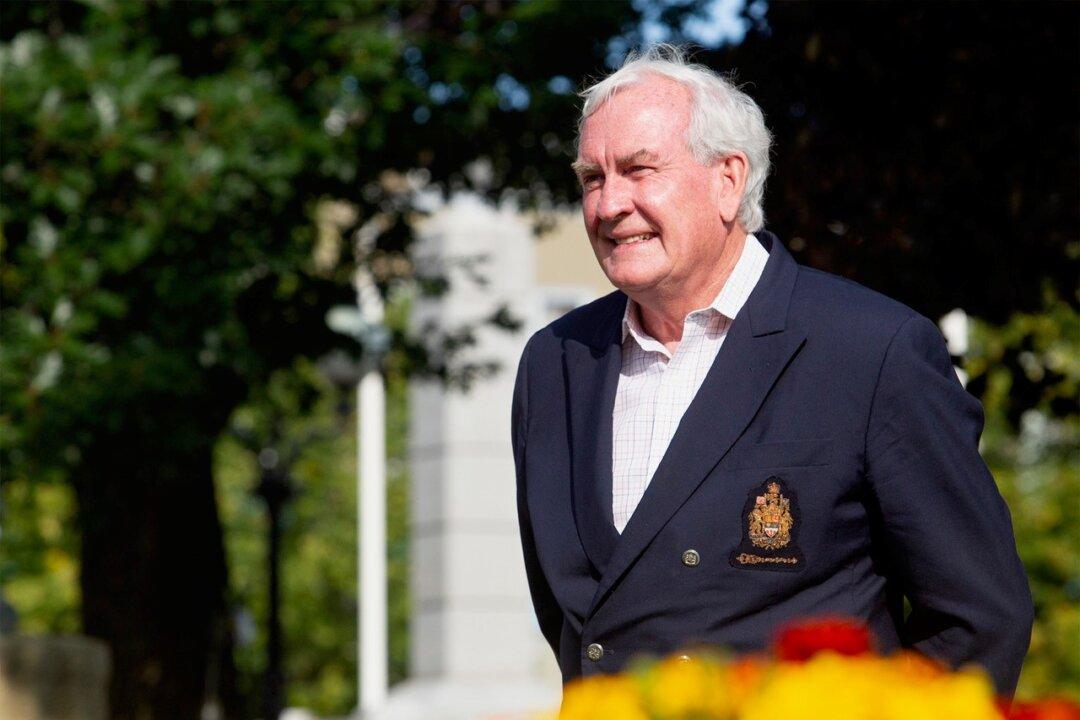As scenes emerged of police confronting the Freedom Convoy protesters in Ottawa in February, Kevin Vickers, a former House of Commons sergeant-at-arms and Canada’s ambassador to Ireland from 2015 to 2019, started receiving messages from his international contacts about what was happening in Canada.
“I think those images, whether they’re benign or whatever, are certainly something that will come back to haunt us,” Vickers, who as sergeant-at-arms famously helped subdue Parliament Hill attacker and killer Michael Zehaf-Bibeau in 2014, told The Epoch Times.





